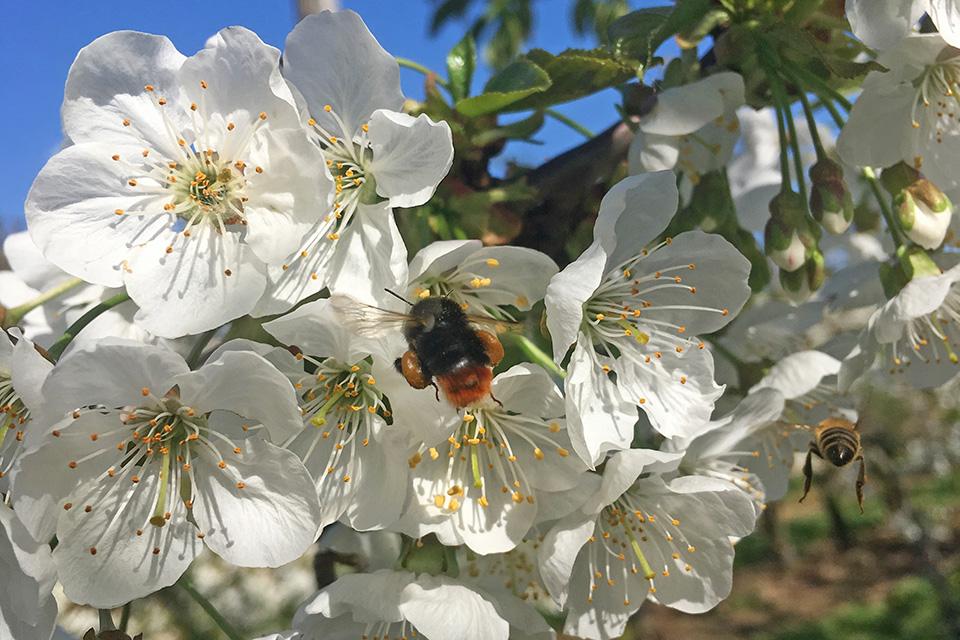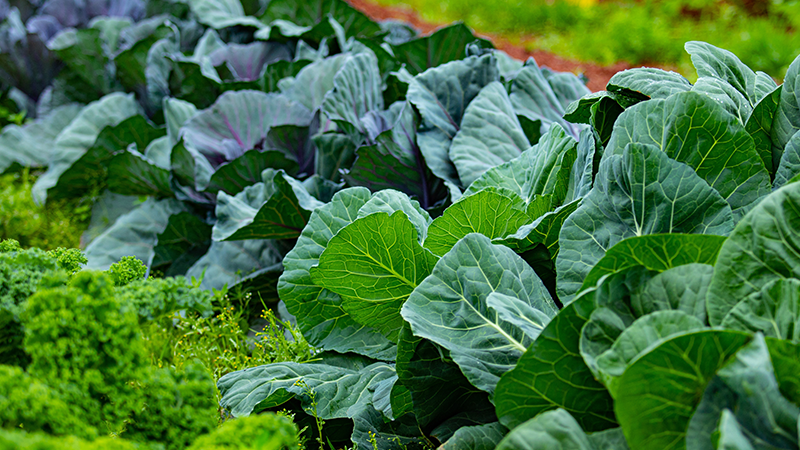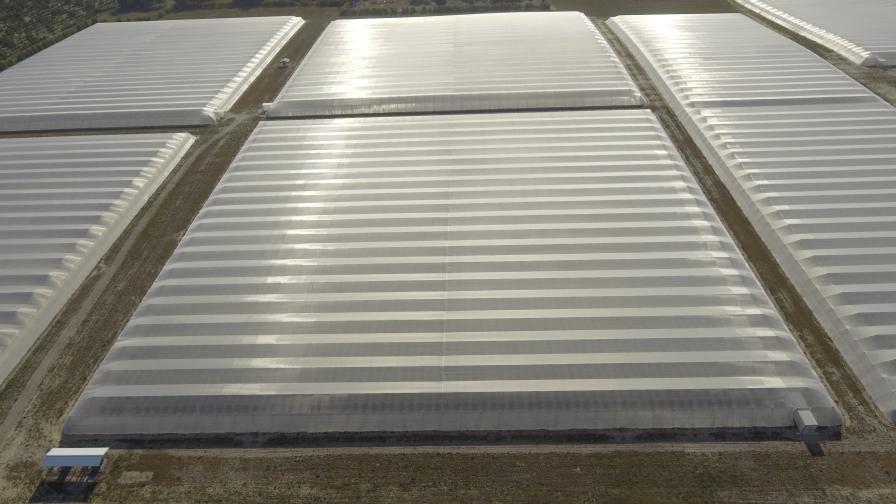Insights On Farm Marketing In A Challenging Crop Year
The common theme of Michigan’s fruit industry in 2012 has been the weather, in particular the warm spring temperatures, followed by late frosts, that wiped out much of the state’s apple, cherry, and peach crop. However, during the Great Lakes Fruit, Vegetable & Farm Market Expo in Grand Rapids, the topic of conversation has not been on lamenting a disastrous year, but rather on preparing strategies for rebounding in 2013 and beyond.
Nowhere was this more evident than during a panel discussion focused on “Lessons Learned in Marketing in a Difficult Year With a Short Crop.” After all, farm marketers who rely on local customers cannot simply tell their clientele they have nothing to sell them. They must come up with ways to maintain income while looking for ways to bounce back the following year.
During the panel, representatives from five of Michigan’s leading farm marketing and agritourism destinations shared the lessons they have learned this year, how they have weathered the storm, and how they plan to avoid future problems. Here’s a sampling of some of the advice shared:
• Abby Jacobsen at Westview Orchards in Romeo said it was important to provide new incentives for your loyal customers, and look for value-added sales options whenever possible. This might mean doing more with less, but it also means portraying your farm as a special and unique destination.
• Karey Robinette at Robinette’s Apple Haus and Winery in Grand Rapids suggested seeking out new ways to market your farm and educate your audience. For the Robinette family, this meant more activity in local farmer’s markets, as well as foregoing traditional paid advertising and turning to social media options such as Facebook.
• Dede Beck at Uncle John’s Cider Mill in St. John’s said they used the challenges of 2012 as a way to build a more direct connection with their customers, and learn more not only about what they wanted, but also how they viewed farming. “It has helped us get back to the roots of who we are,” said Beck.
• Gwen Anderson of Anderson and Girls Orchard in Stanton noted that diversification is a powerful tool, and this doesn’t just mean growing more crops. Her farm has a zoo, and this year the animals became more of a featured attraction than ever before.
• Sarah Jollay at Grandpa’s Cider Mill and Jollay’s Orchards in Coloma stressed diversification as well, and also pointed out that this year gave them the chance to market their farm not as “a bunch of commodities for sale, but as an experience.” All of their customers came away from their visits learning more about the farming lifestyle and where their food comes from.
One of the constant themes among all the speakers was pricing. With so few apples and apple products to sell in 2012, all of them had to increase prices in some areas. The advantage of this, however, is that they hope to maintain these higher prices in the coming years when they will hopefully have more product to sell.










